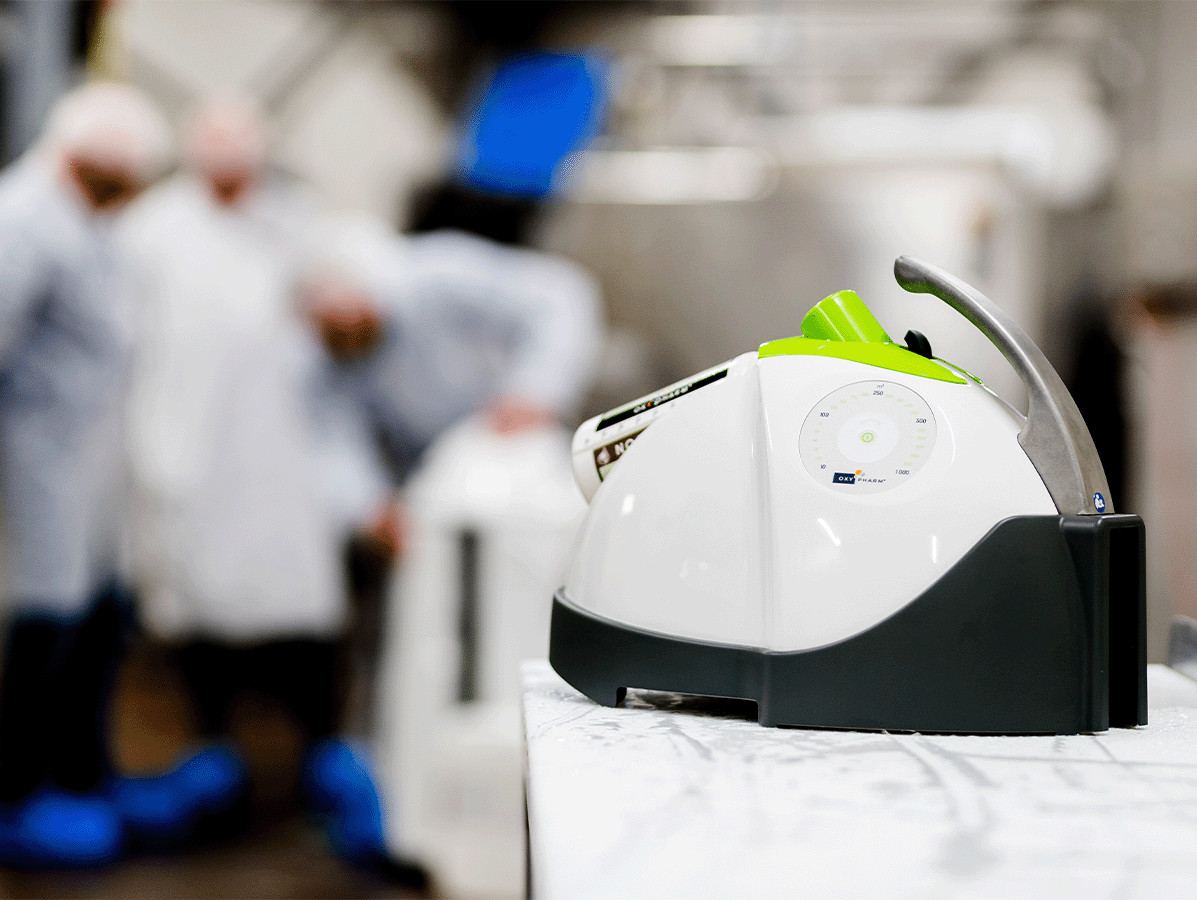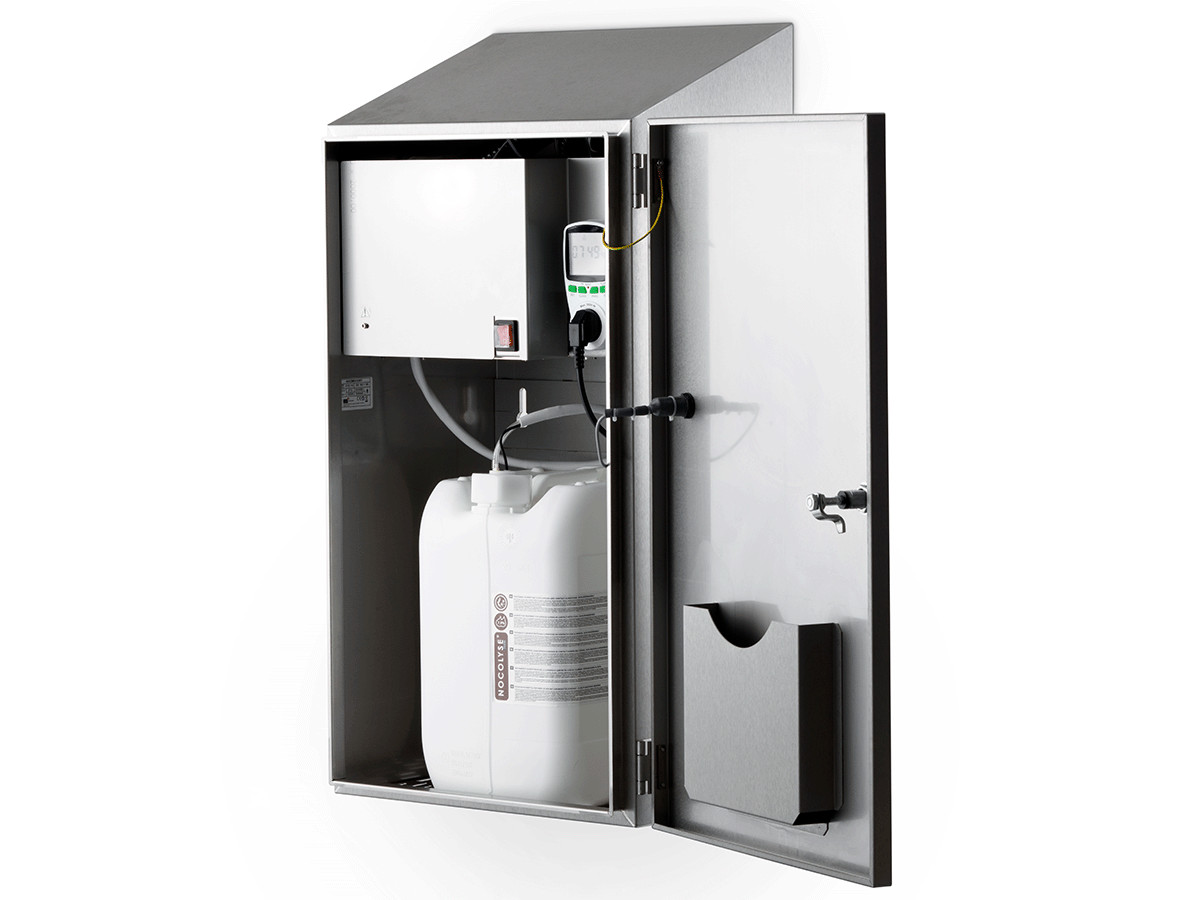
In the food industry, there are still many contaminations with - and recalls caused by - Listeria monocytogenes. Simply because companies bring this pathogen indoors every day; the bacterium can be found everywhere in the environment. So how can you prevent a Listeria infection?
"Because Listeria Monocytogenes simply occurs in the soil and in water, fish and land animals are almost automatically carriers of this bacterium," says Hugo ter Hoeve of Simpel Desinfecteren. "When we transport, slaughter and further process these animals, the bacterium enters the company with them. It multiplies optimally in a cold environment and can survive up to 80˚C. Ready-to-eat products such as meat products, smoked fish and ready-made meals are fine living environments for Listeria."
Even though you can't do anything about the bacteria entering your company, you can remove them: by cleaning and disinfecting thoroughly.
Hugo: "Cleaning is human work. It has to be done very thoroughly to remove the biofilm, which protects Listeria. After that, you can disinfect to eliminate Listeria."
"Definitely, but that too is often human work. It is usually done according to the 'get out and go home' method. That is the worst thing you can do. Moreover, often not everything is disinfected, but only the contact surfaces. That is exactly when you give Listeria free rein to multiply."

"There are also automated disinfection systems that are very effective. Ozone, for example. That works very well, because nothing survives in an ozone-filled room. The disadvantage is that the room has to be hermetically sealed and the gas can be dangerous for the employees. You therefore have to observe strict safety requirements. Working at a low dose, which is less dangerous, does not have the desired result.
You can also opt for UV. This only works well if the UV radiation is close to the surface. At a greater distance from the surface, and also because of shadow, the effectiveness decreases considerably.
"Because new Listeria bacteria can enter a company every day, you have to look at the problem differently: make sure they don't get a chance to grow to an undesirable level. So you have to control it, keep the infection pressure as low as possible.
"By filling a room with the dry vapour of the Nocotech system, you ensure that the infection pressure remains very low. This is possible with an extremely low dosage because it is so effective. Most Listeria bacteria do not survive this dry vapour. The rest will be eliminated tomorrow, because the dry vapour has the property of getting everywhere: also under contact surfaces, and in holes and cracks. Without leaving any residue behind, so without having to rinse, production can be restarted the day after.
Source: Vakblad Voedingsindustrie 2022